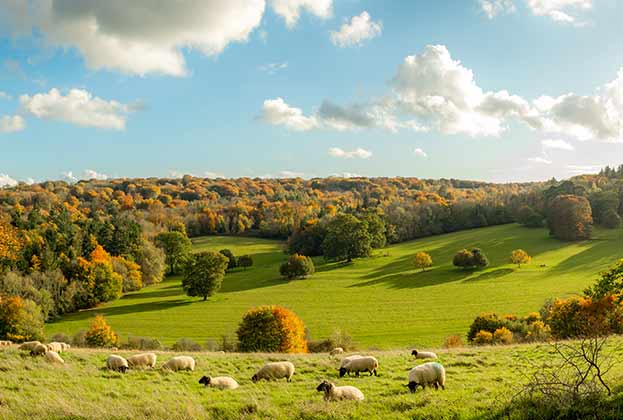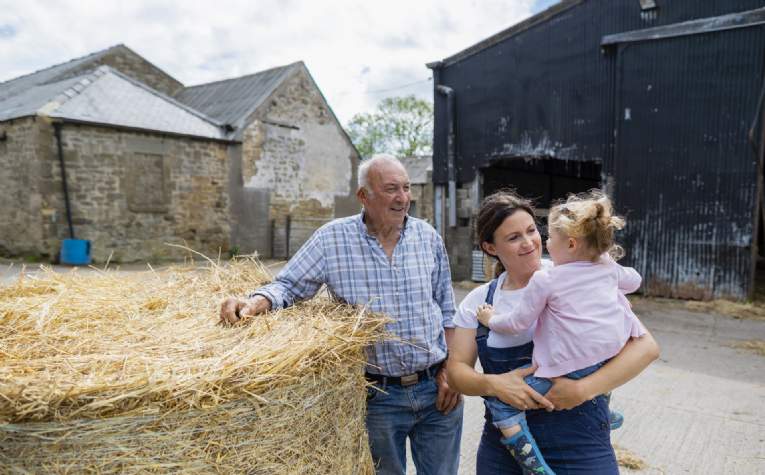Michael Gove used his speech at the Oxford Farming Conference on 2 January to set out a broad ambition for UK agriculture, focussing heavily on a fourth agricultural revolution in technology advancement (ag-tech), which he sees as providing the impetus for a step change in reducing the environmental impact of food production.
Before looking at what Michael Gove sees as the fourth agricultural revolution, it is worth reminding ourselves of its predecessors. The first revolution was the Stone Age switch from foraging to cultivation; the second ushered in the productive roots and cereal rotation as part of the Industrial Revolution; and the third was the Green Revolution enabled by Norman Borlaug’s pioneering work on wheat breeding and the use of nitrogen fertiliser.
The fourth, as seen by Michael Gove, employs ag-tech to improve breeding, precision farming and the use of data to drive productivity, gain efficiencies and reduce environmental impacts. The eventual legalisation of gene editing seems inevitable as part of this revolution.
For many, innovation in ag-tech offers scant hope of a more secure business environment for farming. Michael Gove acknowledged that the smaller upland farmers who are already highly dependent on subsidies will be most affected by both a no-deal Brexit and by the proposed regulatory changes. For these farmers, it remains to be seen whether localised social area payments may form part of a place-based approach to land management (through the proposed Shared Prosperity Fund or even a local tourism tax), or whether there may be opportunities via habitat management, flood alleviation or carbon storage.
For the vast majority of lowland arable farmers, we think it likely that the combination of new environmental principles plus a reformed ag-tech agenda will create something closer to Agriculture 2.1. In other words, sustainable and diverse arable rotations with balanced integrated livestock, enhanced by the smart use of agricultural technology to meet Government productivity and environmental targets. More biology and less chemistry for sure.
The ultimate goal of preserving land for biodiversity and producing sufficient nutrition from controlled environment systems (that is, vertical farming) and simultaneously addressing the true economics of food consumption seem a pipe dream. But it’s a destination that has been articulated by Michael Gove, NGOs and recent climate change mitigation studies.
The key subtext is that future UK agricultural policy spending will have to meet the objectives for Treasury spend. If it’s not supporting growth, prosperity and productivity, then the public spend is unlikely to be justified. In this context, ag-tech investment ticks the public investment justification box in a way that income support payments to farmers do not. Those days are numbered and for many in the uplands it will be a good time to take stock of environmental services opportunities as a replacement income stream for area based payments.
Our feeling is that Government wants to spend on these services and make them profitable for land managers, so the time for creative solutions that meet the new budgetary landscape is now. Waiting for the next agricultural revolution will not be the answer for anyone.
Further information
.jpg)
.jpg)
.jpg)
.jpg)
.jpg)

.jpg)


.jpg)
.jpg)